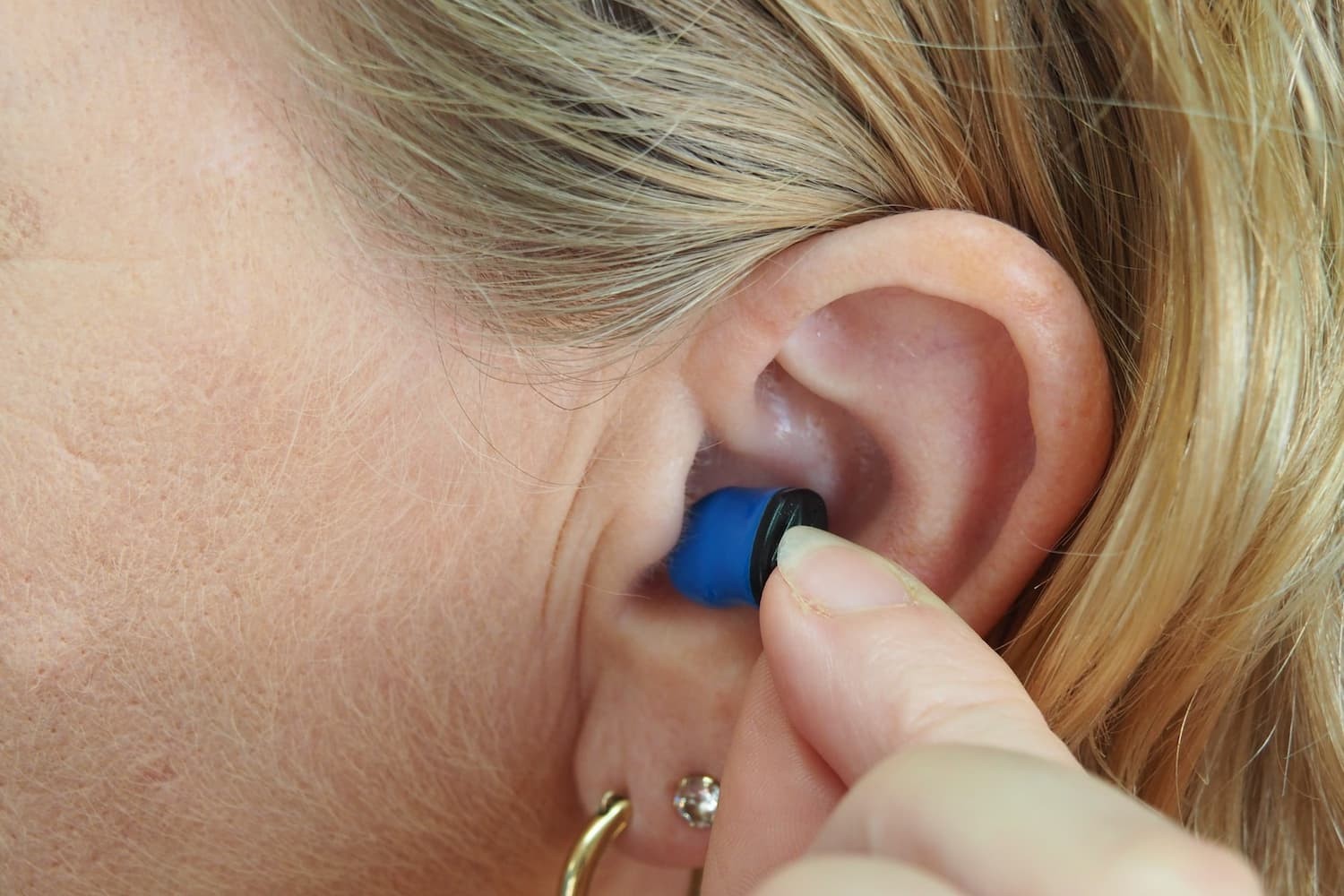
Tinnitus is a medical term for hearing sounds in your ears when no environmental sounds are present. It affects around 66% of people during their lives, usually temporarily but sometimes constantly. Tinnitus Awareness Week educates the public about tinnitus causes, symptoms, natural treatments, and why it's important to prevent the condition.
What to Expect in Tinnitus Awareness Week
Tinnitus is not a disease; it's an underlying sign of a health condition that may cause temporary or permanent damage to the ears. Chronic tinnitus can be very frustrating and even debilitating for some people. It can affect your sleep and concentration levels, as well as make you feel tired and irritated throughout the day.
Tinnitus Awareness Week aims to raise awareness about this common condition so that more people will know how they can live with Tinnitus more easily. It provides the public with information on tinnitus causes, natural treatments and why it's important to prevent it. Tinnitus is described as a ringing in the ears. This annoying and sometimes even debilitating sound can be caused by many factors, including noise exposure, ear injury, medications or blockage of the ear canal, such as with earwax.
In Tinnitus Awareness Week 2022, which runs from 7th to 13th February, you have the opportunity to learn about different ways of preventing or treating tinnitus. Tinnitus weighs most heavily on those who know least about it, so educate yourself during the event. In addition to the most common symptom of tinnitus, you will also learn about the different types of treatments and natural remedies available to tinnitus sufferers. Tinnitus is often temporary, but there are things that can be done to make it more bearable while you wait for symptoms to pass.
Causes and Symptoms of Tinnitus
Tinnitus can be internal, which is characterised by humming, hissing or buzzing sounds inside your head, or external, i.e., caused by an outside source. It typically occurs in one ear, but it can also occur in both ears at once. When tinnitus is described as "ringing", the sound usually has a musical quality and is continuous, which means that it can last for up to 10 seconds or more, and then it disappears before starting again. The ringing may diminish slightly after about 20 minutes and then return with greater tinnitus intensity later on. Possible causes of tinnitus include:
- Exposure to loud noise
- Ear infection or injury
- Certain medications
- Meniere's disease (a disorder that affects balance)
- Blood vessel disorders
- Temporomandibular joint (TMJ) disorders
- Brain tumour
- Age-related hearing loss
- Sleep deprivation
- Unhealthy diet
- Excessive alcohol consumption
- Smoking
Source: Healthy Hearing
Persistent tinnitus can precede a hearing loss by several months, or even years, and often results from damage to the sound-detecting cells of the cochlea, a spiral structure within the inner ear. Tinnitus can also originate in the brain stem or auditory nerve and is sometimes accompanied by hyperacusis, which is an intolerance for loud sounds and volumes. Tinnitus is often accompanied by an increased sensitivity to everyday sounds and can be associated with other symptoms such as fatigue and depression.
A wide range of tinnitus symptoms can have a significant impact on an individual's quality of life. Tinnitus patients often report increased sensitivity to everyday sounds such as flushing toilets, refrigerators humming, computer fan static, car engine noise.
Stress and certain health conditions, such as high blood pressure and anaemia, can also lead to tinnitus. Tinnitus can be intermittent or constant. The severity of tinnitus varies from patient to patient but can range from a slight nuisance to a severe impairment that interferes with daily activities and work productivity.
What you can do in Tinnitus Awareness Week?
Tinnitus is a very common problem, but one that often goes untreated. Tinnitus Awareness Week aims to change this by raising awareness of the condition and providing support to those who live with it on a daily basis.
You can help spread awareness of tinnitus through valuable activities that are doable, such as starting online conversations or sharing a vlog or blog post about the effects of tinnitus on the everyday life of a sufferer. You may also opt to create support groups and get involved at your local level by volunteering to assist people with tinnitus.
Raising funds for the tinnitus community can also have a positive impact on their health and wellbeing. You can donate a portion of the money to current research being conducted towards finding a cure for tinnitus.
Different Types of Treatments for Tinnitus
Tinnitus can only be diagnosed by qualified health professionals such as an audiologist or a hearing specialist. They will look for signs of tinnitus and review the patient's medical history for possible underlying conditions. Tinnitus can also be self-diagnosed by completing a questionnaire.
Tinnitus maskers, such as white sound machines, or ear protection like ear plugs may be prescribed to the patient depending on the result of their diagnostic tests.
There are also natural tinnitus remedies that can help sufferers, such as meditation, yoga and sound therapy. All of these can be practised in Tinnitus Awareness Week and benefit Tinnitus patients and their families. Acupressure is another way to release the obstruction in the auditory pathways and restore the flow of blood and qi.
Hypnotherapy has also been shown to help Tinnitus patients. By working with a patient's subconscious mind, a hypnotherapist can help them block the noises from within their head and achieve calmness.









